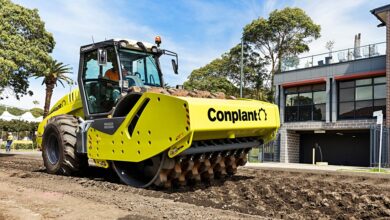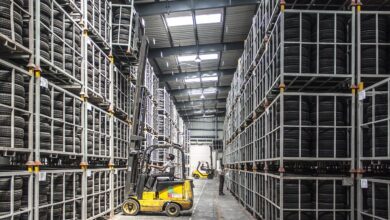Key Considerations Before Renting Office Space

Choosing the right office space in Dallas is one of the most important decisions a business can make. The wrong choice could lead to significant issues for your company.
Finding a space that meets all of your requirements takes time and research. Whether you are renting or buying, there are a number of questions that need to be answered before making a decision.
1. Location
When looking for office space, location is one of the most important factors to consider. It needs to be convenient for your employees and clients, but it also should be in a building or neighborhood that offers desirable amenities.
Nearby restaurants and coffee shops are always a plus, as is proximity to banks, post offices and meeting spaces. Having these things close to the office can make a huge difference for your team’s happiness and productivity.
2. Size
Before you sign a lease, make sure that the office space you rent is sized correctly for your business. Too large of a space can negatively affect staff productivity, while too small can create clutter and disrupt the flow of business operations.
It’s also important to understand what “usable” square footage means in your lease. If your landlord is using a different measurement, you may want to have someone field measure your space before signing.
3. Amenities
As tenants seek out more than just workspace, landlords are redefining office space to include amenities that attract and retain their best workers. In fact, Colliers International says property managers should expect to allocate 12% of shared spaces to amenity-centric initiatives like gyms and onsite dining services.
Whether it’s free parking or high-speed WiFi, these amenities can pay off in happy employees and long-term leases.
4. Lease term
Term length is one of the most important aspects to consider when renting office space. It can help you determine if the lease is right for your company and your goals, or whether it could be problematic in the future.
A lease term can also include any fees or deposits associated with the lease. These may include sales tax on a down payment, move-in fees or a lease acquisition fee.
5. Rent per square foot
There are a few different factors that affect the rent per square foot of your office space. These include location, size and amenities.
For instance, if your lease doesn’t specify how the landlord will calculate the square footage you share with other tenants in the building, you could end up paying more for space than you need.
6. Security deposit
A security deposit is a one-time payment that tenants make before moving into an apartment, condo or office building. It’s an important part of the rental process, because it helps managers and landlords protect their property from damage and theft.
The amount of a security deposit varies by state and property, but it’s typically around one months’ rent. Landlords are prohibited from combining it with other funds and must keep it in an interest-bearing bank account.
7. Lease term
While the lease term may not seem like an obvious topic, it can have a huge impact on your company’s overall finances. It’s best to understand it thoroughly before signing on the dotted line.
Typically, there are fees or deposits associated with the lease that you’ll want to budget into your initial rent price. These can include acquisition fees, security deposits and drive-out costs.
8. Parking
Whether your company owns or leases office space, parking is always a consideration. Depending on market conditions, this might be one of the most important items to negotiate in an office leasing deal.
A well executed parking strategy will save you time, money and hassle in the long run. The best parking solutions are a well thought out plan for your company and its employees.
9. Tenant improvements
Tenant improvements, also known as build-outs, are adjustments to the space a tenant has leased that make it more functional for their business. These can range from simple changes like painting a few walls to more complex ones such as installing a commercial kitchen.
Often, these alterations are negotiated in a lease agreement between the landlord and the tenant. They can be a great way to customize the space and meet your specific needs.
10. Amenities
One of the most important things to consider before you rent office space is what amenities are available. Many buildings offer a set of improvements that are available to all tenants, such as air conditioning and onsite retail.
Some buildings even have a visitor management system that allows you to track who comes in and out of the building. If you’re looking to attract top talent, you need to provide a suite of amenities that make your property stand out from the rest.





